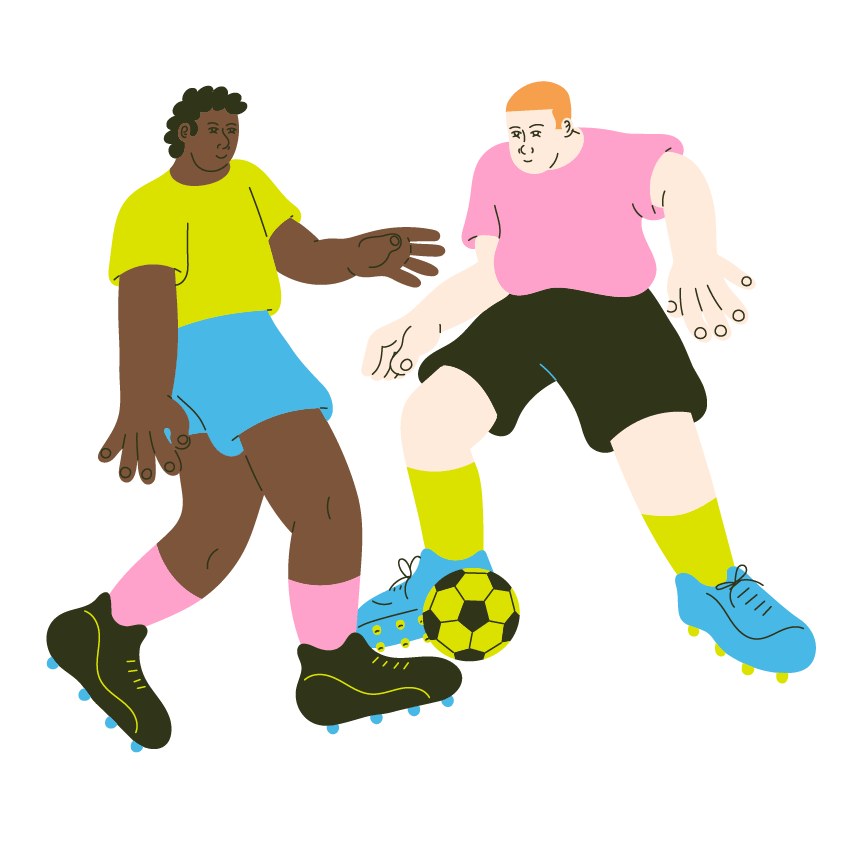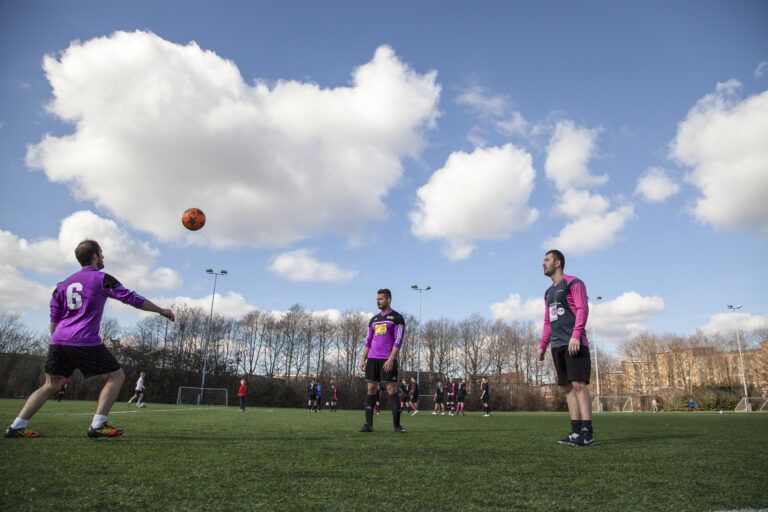This project involved bringing people of different ethnic backgrounds to be part of Universal FC.
Universal FC is affiliated with the Scottish Unity Football League that organizes football matches every Sunday from different venues in Glasgow. Universal FC plans to recruit and train people from different ethnic backgrounds in our community so that they can take part in our Sunday league. The idea of bringing together people of different ethnic backgrounds to join Universal FC is all about community integration as well as fighting discrimination in our community.



